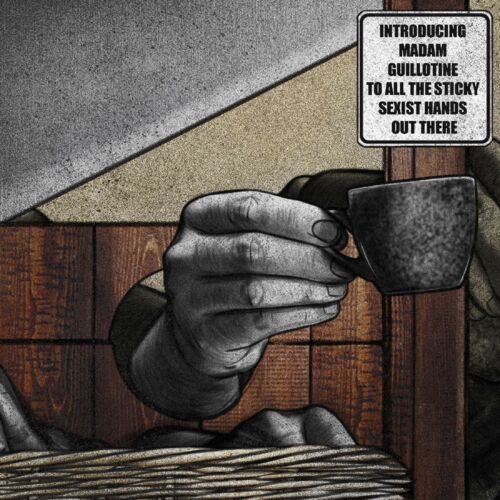Café con piernas and secondary victimisation of girls
In the backstreets of Chilean Santiago, café con piernas – “coffee with legs” – is still served. This phenomenon, characterised by the objectification of women, may be associated with old, sexist times. However, it provides a steady income for migrant women without any chance of other work. In street bars, waitresses serve coffee in short skirts and high-heeled shoes; in underground shopping centres, they wear swimsuits. These establishments often operate on the edge of the law – for years, there have been allegations of prostitution and workplace harassment present there.
Sexual-abuse-to-prison pipeline is a term used to describe the secondary victimisation of American girls, often girls of colour. They end up in prison after running away from violent families, and being exploited by traffickers, for truancy, prostitution or drug possession. Victims of child sex trafficking are accused of recruiting other victims, which results in long prison sentences and registration in the sex offender registry. According to researchers from Georgetown University and the non-profit organisation – Rights4Girls, laws and systems that are supposed to help victims of abuse actually harm them.
Serbia is working on an amendment to the family law to define and recognise child marriage as a form of human trafficking. According to a UNICEF report, more than half of Roma girls living in Serbia and 22% of girls from low-income families marry before the age 18. In turn, 16% of Roma girls marry before the age 15 and 5% become mothers. Meanwhile, in the latest Outriders podcast, we discuss women’s situation and rights in Georgia.
























